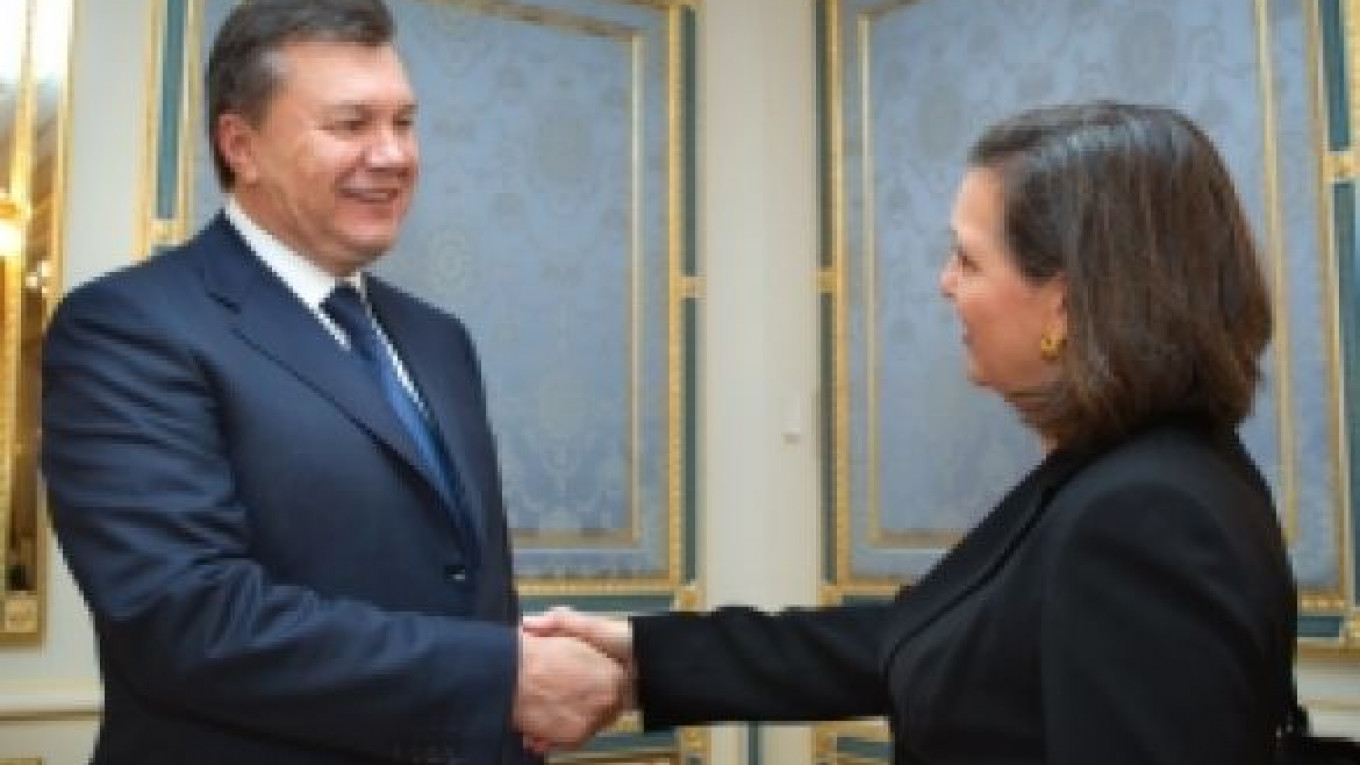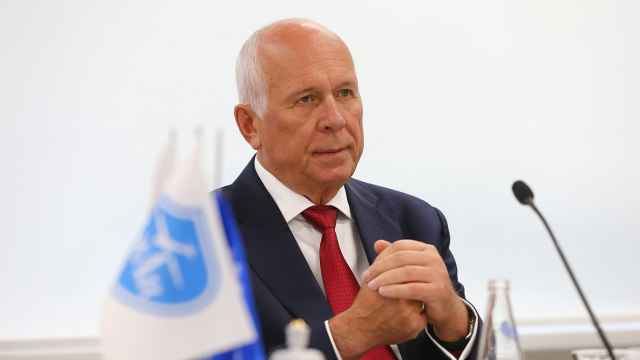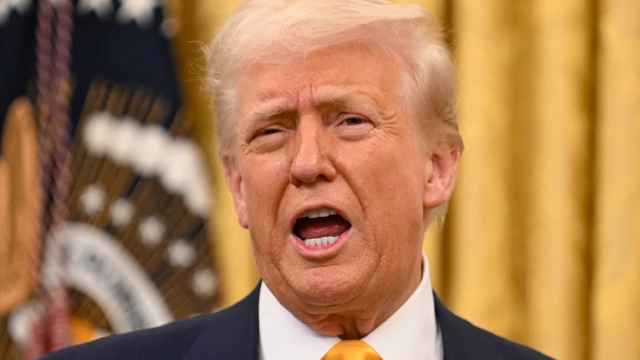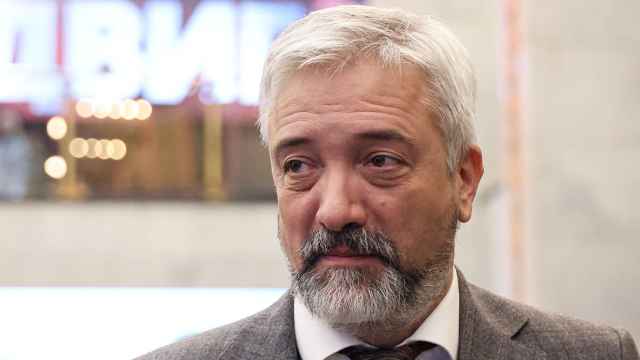The U.S. State Department is considering imposing sanctions on the Ukrainian government in an effort to make the country restart trade deal negotiations with Europe and defuse a standoff with protesters, who continued to hold a vigil in central Kiev on Thursday.
We are evaluating "all policy options, including sanctions" to resolve the crisis, State Department spokeswoman Jen Psaki said Wednesday, without going into detail.
"I'm not going to get into any more specifics. Again, there's a range of options that we are open to, but we're not at that point at this stage," she said.
President Viktor Yanukovych appeared to have softened his stance amid unrelenting opposition protests, issuing an appeal on Wednesday for negotiations between "representatives of all political forces." Opposition leaders are demanding that the government meets the terms put forward by protesters, including the resignation of the Cabinet and the formation of an interim government.
The protesters' position appeared to have been strengthened after the government deployed troops in an attempt to disperse demonstrators overnight Tuesday to Wednesday, only to withdraw several hours later.
During a phone conversation, U.S. Defense Secretary Chuck Hagel told his Ukrainian counterpart Pavlo Lebedev that using the military to break up the weeks-long protest could be "potentially damaging" and urged him to seek other means, a Pentagon spokesman said Wednesday.
Yanukovych on Wednesday called for a "round table" between opposition forces, religious leaders and his government officials to achieve "reconciliation and consensus" and vowed that his administration would "never use force against peaceful rallies," Yanukovych said in a statement published on his website.
The move by police and special troops Wednesday to dismantle the protesters' barricades proceeded without major scraps, though dozens of protesters and police were reportedly injured.
A Message from The Moscow Times:
Dear readers,
We are facing unprecedented challenges. Russia's Prosecutor General's Office has designated The Moscow Times as an "undesirable" organization, criminalizing our work and putting our staff at risk of prosecution. This follows our earlier unjust labeling as a "foreign agent."
These actions are direct attempts to silence independent journalism in Russia. The authorities claim our work "discredits the decisions of the Russian leadership." We see things differently: we strive to provide accurate, unbiased reporting on Russia.
We, the journalists of The Moscow Times, refuse to be silenced. But to continue our work, we need your help.
Your support, no matter how small, makes a world of difference. If you can, please support us monthly starting from just $2. It's quick to set up, and every contribution makes a significant impact.
By supporting The Moscow Times, you're defending open, independent journalism in the face of repression. Thank you for standing with us.
Remind me later.






